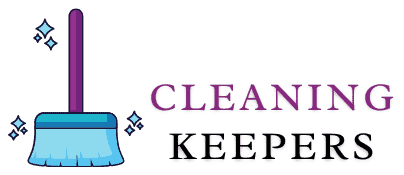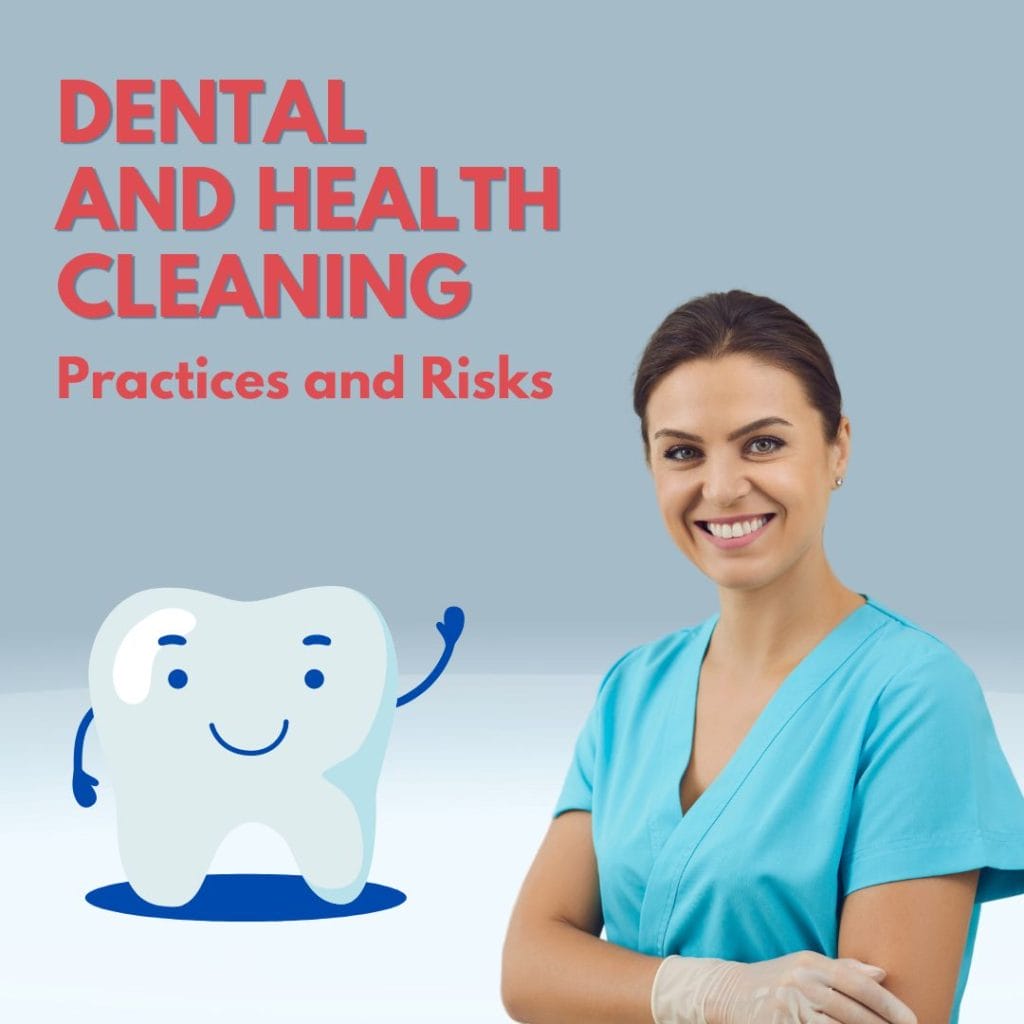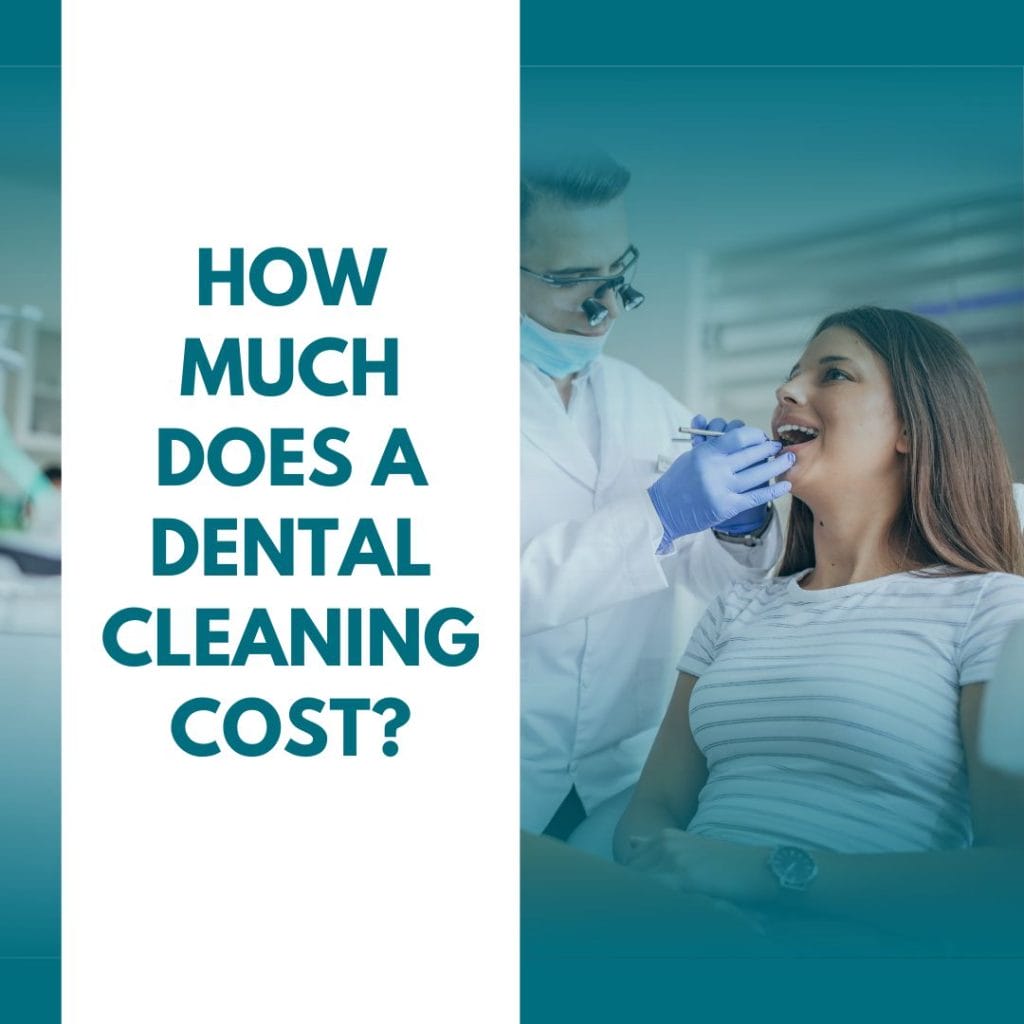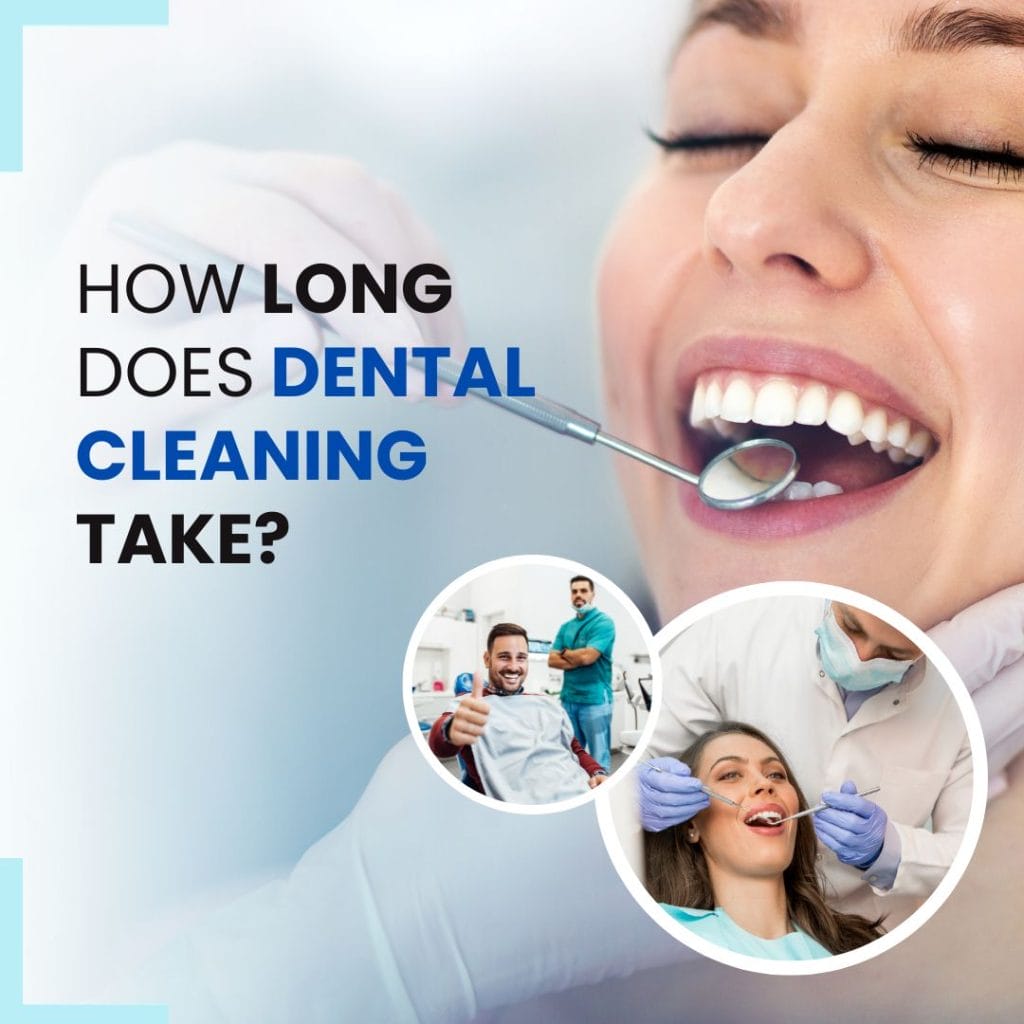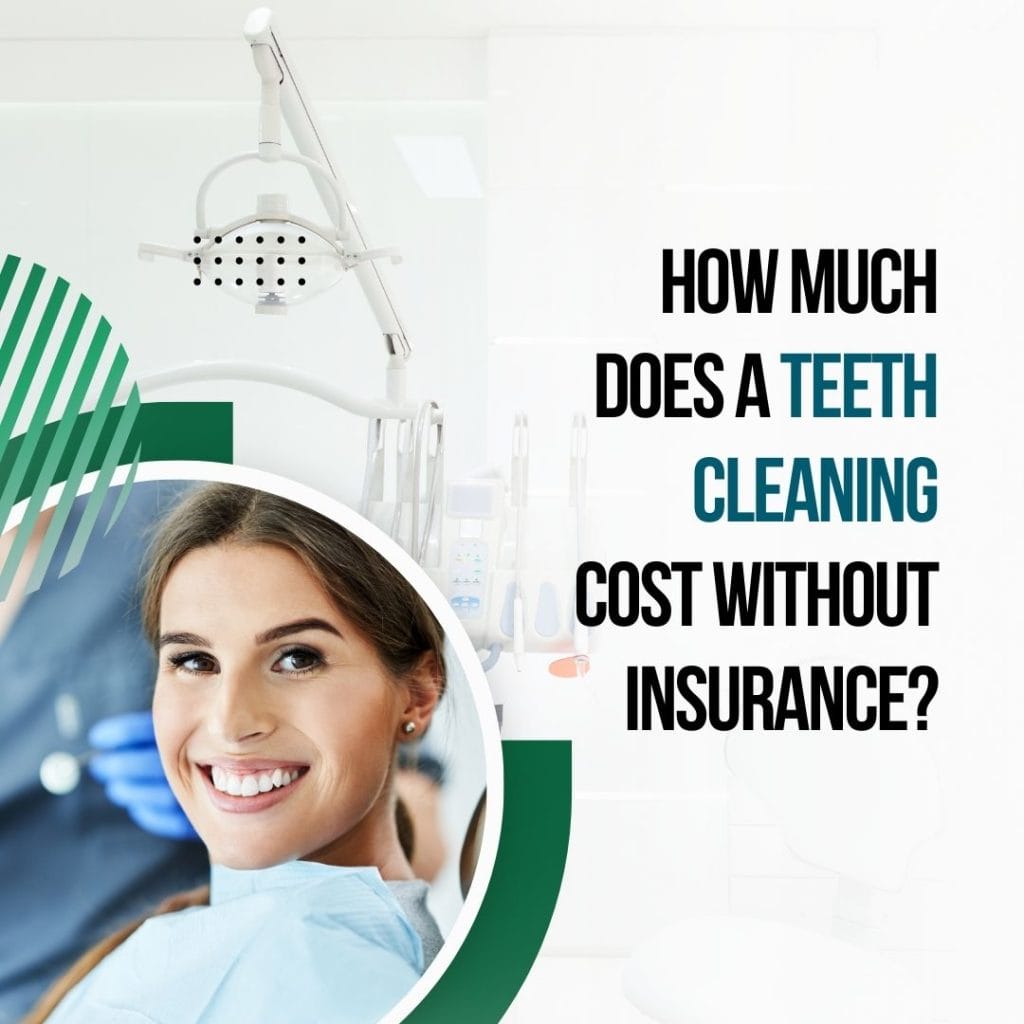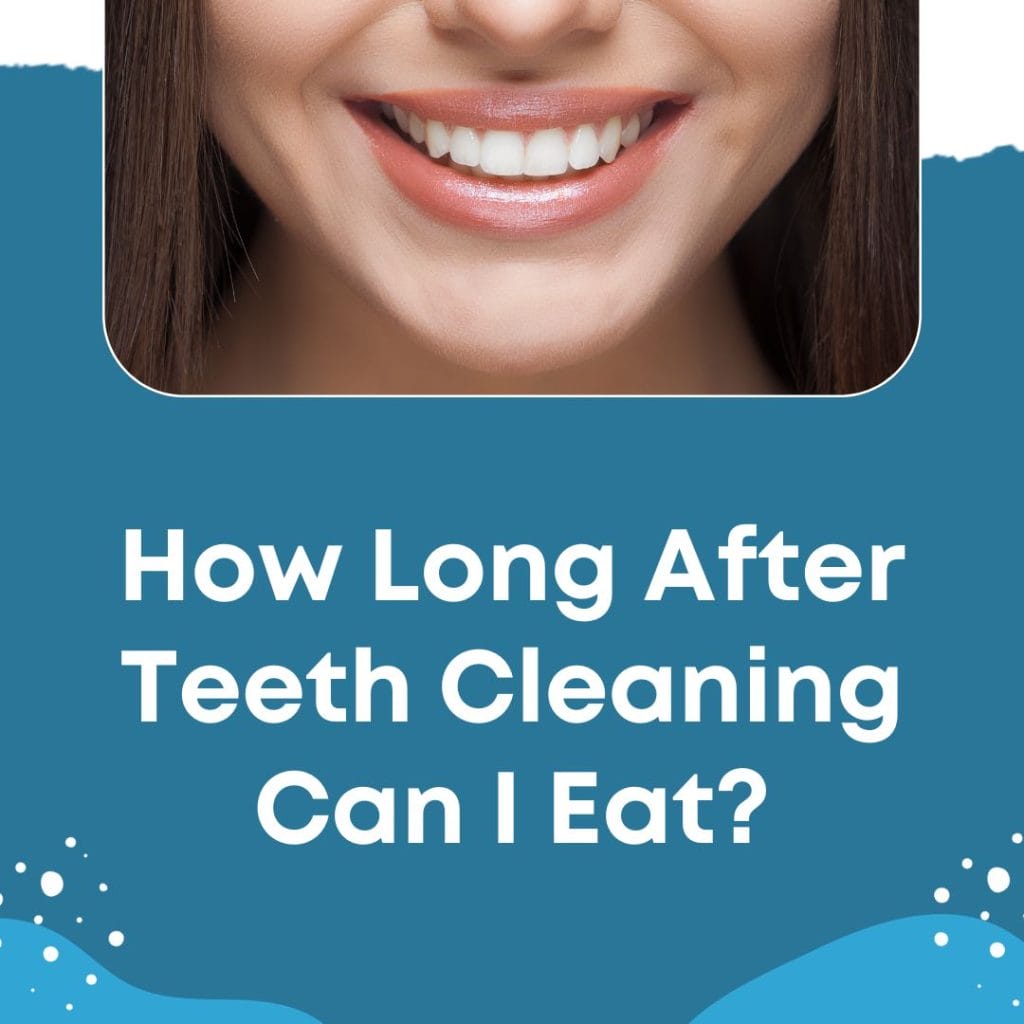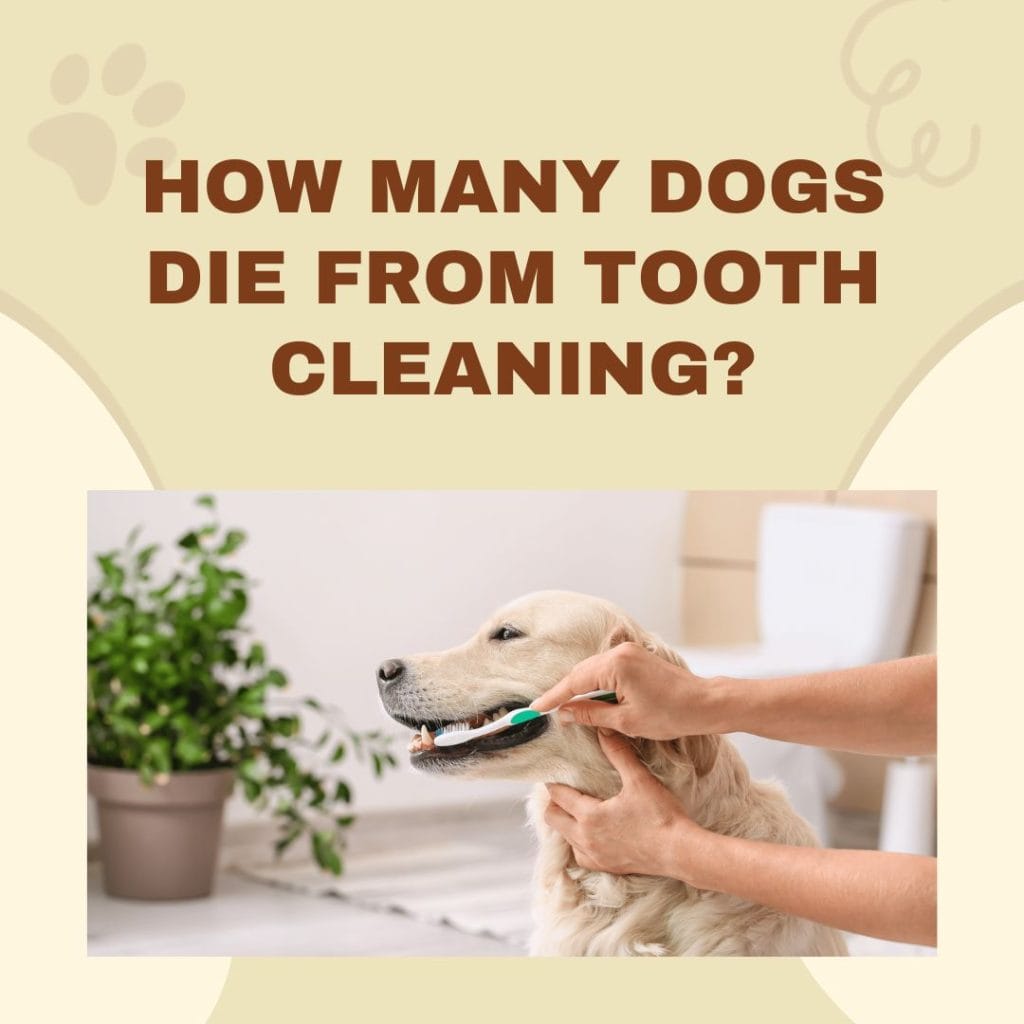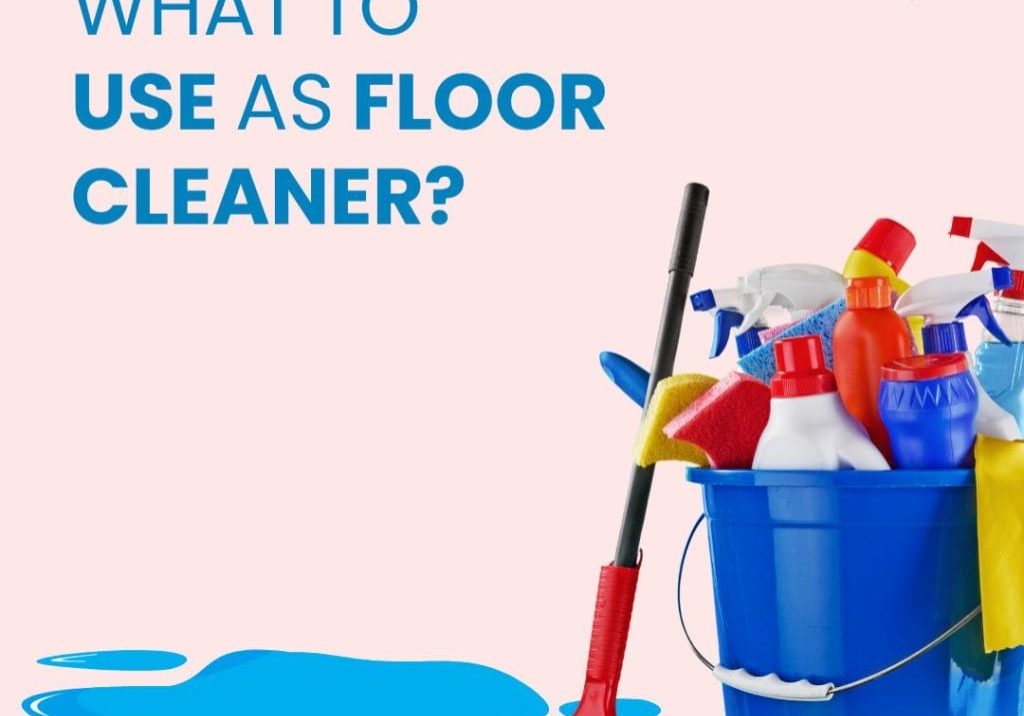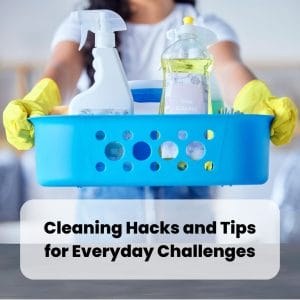Are you aware that the state of your oral health can provide insights into your general well-being? Maintaining good oral health is crucial, perhaps more than you may think. Discover how the well-being of your mouth, including teeth and gums, plays a significant role in your overall health.
Complications in your mouth can have an impact on your body’s overall health. Safeguard your health by understanding the vital link between oral hygiene and your body’s overall condition.
Why Oral Hygiene is Important?
Oral hygiene is fundamentally about preventative care. By diligently caring for your teeth and gum line, you can avert common oral health issues such as cavities, bleeding gums, bad breath (halitosis), and other oral health problems before they begin.
Connection Between Oral Health and Overall Health
Oral health is intricately connected to your body’s overall health. For instance, an infection in the mouth can allow bacteria to enter your bloodstream, potentially spreading to other parts of your body. This can lead to serious health concerns, including heart disease and stroke. Therefore, maintaining healthy teeth and gums is a vital component of ensuring your long-term overall health.
Your mouth, much like other parts of your body, is filled with bacteria, most of which are harmless. However, it’s important to note that the mouth serves as a gateway to your digestive and respiratory systems. Some of these bacteria have the potential to cause diseases.
The body’s natural defenses, along with good oral hygiene practices like daily brushing and flossing, typically keep these bacteria in check. Neglecting oral care, though, can allow bacteria to reach levels that may lead to infections, including tooth decay and gum disease.
Impact of Medications on Saliva and Oral Health
Medications, including decongestants, antihistamines, painkillers, diuretics, and antidepressants, can decrease saliva flow. Saliva is crucial as it washes away food particles and neutralizes acids produced by bacteria, thereby protecting against microorganisms that could cause diseases.
Oral Health and Systemic Diseases
Research indicates that oral bacteria and the inflammation linked to severe gum disease (periodontitis) may contribute to certain diseases. Additionally, conditions like diabetes and HIV/AIDS can lower the body’s resistance to infection, exacerbating oral health issues.
The Essentials Tips for Excellent Oral Hygiene
Maintaining a beautiful smile starts with excellent oral hygiene. Here are essential guidelines to keep your smile vibrant and healthy:
Effective Tooth Brushing Techniques
- Brush twice daily using fluoride toothpaste and a soft-bristled toothbrush.
- Avoid medium or hard bristles to prevent damage to gums and enamel.
- Angle the brush at 45 degrees toward your gums to effectively remove plaque and bacteria.
- Ensure you brush all tooth surfaces, including backs and sides.
The Importance of Daily Flossing
- Floss once a day to clean the areas between teeth that a toothbrush can’t reach.
- Use a long strand of floss, wrapping the ends around your middle fingers and guide it between teeth with your thumbs and forefingers.
- Employ a ‘C’ shape technique for thorough cleaning, performing up and down strokes.
- For those with dexterity challenges, consider interproximal brushes or dental picks.
- Note: Water flossers are helpful but can’t replace traditional floss for removing biofilm.
Don’t Forget Your Tongue
- Your tongue can harbor bacteria, so brush it whenever you brush your teeth.
- Use your toothbrush or a specialized tongue scraper for this purpose.
Using Antibacterial Mouthwash
- Daily use of an antibacterial mouthwash helps control harmful bacteria.
- It aids in washing away food particles and reducing plaque buildup.
- Choose an alcohol-free mouthwash to avoid dry mouth.
Regular Dental Check-Ups
- Regular dental exams and cleanings are crucial.
- While a six-month interval is standard, those with dental issues might need more frequent visits.
Understanding the cost of dental cleaning is also important when planning your oral health budget.
For those without dental insurance, it’s crucial to understand the cost of teeth cleaning without insurance to ensure you can maintain your oral hygiene routine.
Avoid Tobacco for Oral Health
- Smoking and tobacco use are major causes of gum disease and oral cancer.
- Quitting tobacco improves oral health significantly; seek your healthcare provider’s advice for quitting aids.
After receiving a dental cleaning, many wonder how long they should wait before eating to ensure optimal oral health.”
Personalized Routine Dental Cleanings
- Consistency is key in oral hygiene. Oral hygiene isn’t just important for humans. If you have pets, understanding the risks associated with dog teeth cleaning is also crucial.
- Consult with your dentist for a personalized oral care plan tailored to your specific needs.
Nutritional Choices and Dental Care Equipment
- Opt for a nutritious diet and minimize the consumption of sugary snacks and beverages to prevent tooth decay.
- Change your toothbrush every three to four months, or sooner if you notice the bristles are splayed or worn.
Proactive Dental Health Management
- Contact your dentist immediately if you experience any oral health issues. Prompt attention to dental problems is crucial for overall health.
Remember, investing in your oral health is a step towards ensuring your overall health and well-being.
Some individuals experience discomfort during dental cleanings. Learning why a dental cleaning might hurt can help you prepare and alleviate anxiety.
How often should I visit my dentist for check-ups and cleanings?
The American Dental Association recommends adhering to a schedule for dental exams and cleanings as advised by your dentist. Typically, routine dental cleanings every six months are beneficial To manage your schedule effectively, it’s useful to know how long a dental cleaning takes for maintaining the health of teeth and gums for many individuals. However, if you tend to develop cavities or suffer from gum disease, your dentist might suggest more frequent visits. For instance, those with gum disease often require dental cleanings and check-ups every three to four months due to the faster accumulation of oral bacteria in certain cases. It’s best to consult with your dentist to determine the most suitable cleaning schedule for your specific dental needs.
What are the Best Oral Hygiene Products to Choose?
When selecting products for oral care, the most reliable guideline is to seek out those with the ADA (American Dental Association) Seal of Acceptance. This endorsement signifies that the product has undergone thorough evaluation and approval by experts in various scientific fields, including microbiology, toxicology, pharmacology, and chemistry.
Your oral health needs might be unique, and your dentist is well-equipped to provide tailored recommendations for dental cleaning products. It’s advisable to consult with your dentist to determine which oral hygiene products are ideally suited for your specific dental requirements
Conclusion
Maintaining optimal oral health is a critical aspect of your overall health and well-being. By adopting a consistent oral hygiene routine, including regular brushing, flossing, and the use of ADA-approved products, you can significantly reduce the risk of dental issues. Remember, your diet and lifestyle choices, such as avoiding tobacco and limiting sugary foods, play a vital role in your oral health.
